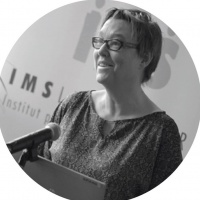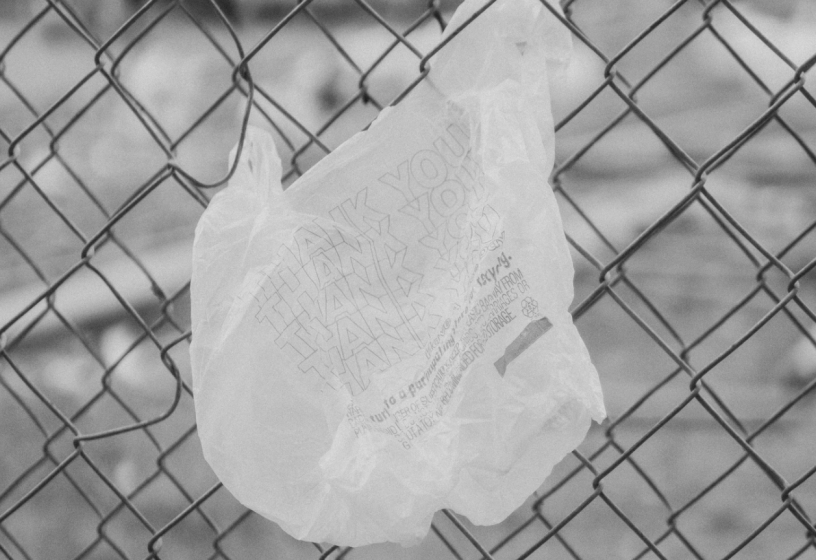"The purchaser has the power"

INTERVIEW
Sustainability MAG: What role can companies play in facing the plastic challenge?
Sandrine Grumberg: This is a challenge indeed, as plastics have invaded our everyday life: food packaging, office supplies, computing, telephony ... These materials (because there are actually more than 7) are light, inexpensive, practical and can all be recycled ... at least that is what we think, but in reality little, very little are recycled. And when they are recycled, it often occurs far from our continent. Most of the plastics are actually stored, buried, burned. They threaten living species and their food chain, of which, let’s not forget it, we are part of.
To simplify things, there are two categories of plastic waste: the so-called post-production waste, created during objects manufacturing and the so-called post-consumer waste, created by the users of objects, like our discarded cup of coffee. Although the former are often recycled and put back into production, the latter are not all recycled, far from it. These post-consumer plastics are criticized for being dirty, particularly because of the frequent presence of organic residues.
However, the manufacturers have solutions to all these problems: the disposable must be banned; plastic parts better identified and prioritized ; monomaterials chosen; deposit and return systems are to be put in place; finally, recycled plastics must be proposed more systematically.
Companies are also important consumers and must encourage manufacturers’ early stage motivation by asserting a determined choice to counter this dramatic situation.
What solutions can companies implement ?
They are numerous that can be adopted by all companies whether they are manufacturers or users.
For manufacturers, the solution is called eco-design, which is a real and affordable end-of-life recycling option available to consumers. The recycling of products by their manufacturer is exemplary, like PATAGONIA or the company ‘’DODO’’ which joined forces with Vittel in the framework of a regional industrial upcycling partnership.
For consumers, the solution is called sustainable purchasing, and that is the gradual replacement of disposable sustainable items. The most common examples are mugs, or flasks. They are symbolic and effective in terms of communication within the company.
What advice would you give to a company that would like to tackle this challenge? What should it start with?
Empty its garbage bag and notice the amount of plastic products that can be found in it. Companies will undoubtedly be quite surprised. It will then be enough to go back and run a replacement strategy for each of these products. The choice belongs to the company as a consumer, the purchaser has the power.

Sandrine Grumberg - Managing Director
Buyer, then head of purchasing, Sandrine Grumberg has worked in multinationals for numerous years, before founding ViaSourcing, a company dealing with the services for purchases, to manage wastes and the environmental positioning of companies.
Also to be read in the dossier "Plastic Age":





